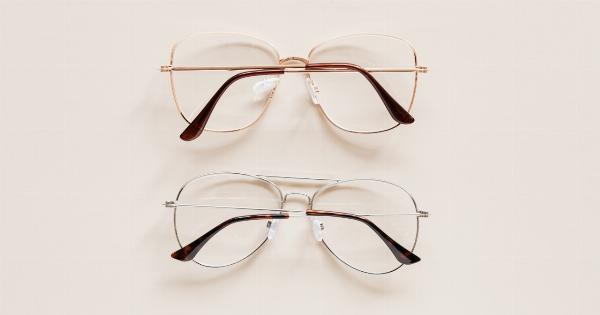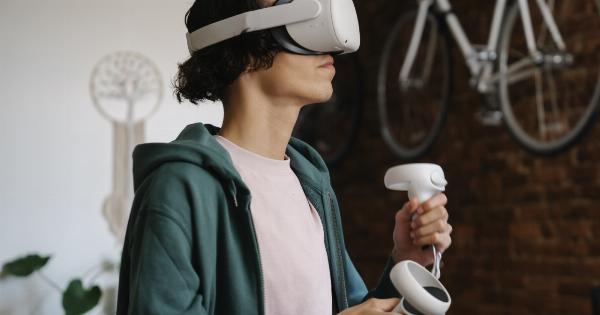Having good night vision is important for many activities such as driving, reading, or even walking. However, night vision can be affected by several factors, which can lead to difficulties in visual perception during low light conditions.
Here are five factors that can affect your night vision:.
1. Age
As we age, our eyes change, and our ability to see in low light conditions also deteriorates. The lens in the eye becomes less elastic, resulting in a reduced ability to focus on nearby objects.
Additionally, the pupil in the eye becomes smaller and less responsive to changes in light, which means less light enters the eye. These changes translate to a reduced ability to see in the dark, making it more challenging to drive at night or even navigate indoors in low light environments.
2. Eye Conditions
Certain eye conditions can also affect night vision. For example, cataracts, which cause clouding of the eye’s lens, can reduce the amount of light entering the eye, leading to blurred vision and difficulties seeing in low light conditions.
Similarly, glaucoma, which leads to damage of the optic nerve, can cause vision loss and affect the ability to see in dim light. People with astigmatism or nearsightedness may also experience difficulty seeing in low light conditions.
3. Medications
Some medications can affect vision, including night vision. For example, antihistamines, which are often used to treat allergy symptoms, can cause blurred vision and affect the ability to see in dim light.
Certain medications used to treat high blood pressure, such as beta-blockers, can also affect vision. If you are taking any medication that affects your vision, speak with your doctor about possible alternatives or ways to manage the side effects.
4. Poor Nutrition
Nutrition plays an essential role in maintaining good eye health, including night vision. A deficiency in certain vitamins and minerals can affect the eyes’ ability to see in dim light conditions.
For example, vitamin A is crucial for the production of rhodopsin, a pigment in the eyes that helps with night vision. Other nutrients that are important for eye health include vitamin C, vitamin E, and zinc. Eating a balanced diet that includes a variety of fruits and vegetables can help ensure you are getting the nutrients you need for good vision.
5. Bright Lights
Exposure to bright lights can also affect night vision. For example, if you have been in a brightly lit room for an extended period and then suddenly step into a dark room, you may experience temporary night blindness until your eyes adjust.
Similarly, looking directly into bright lights, such as car headlights or streetlights, can affect the eyes’ ability to adjust to low light conditions and lead to temporary vision problems.
Conclusion
Several factors can affect your night vision, including age, eye conditions, medications, nutrition, and exposure to bright lights.
While some factors, such as age, are unavoidable, others, such as poor nutrition, can be managed by eating a healthy diet rich in essential vitamins and minerals. If you are experiencing difficulties with night vision, speak with your eye doctor, who can assess your vision and recommend strategies for maintaining good eye health.





























